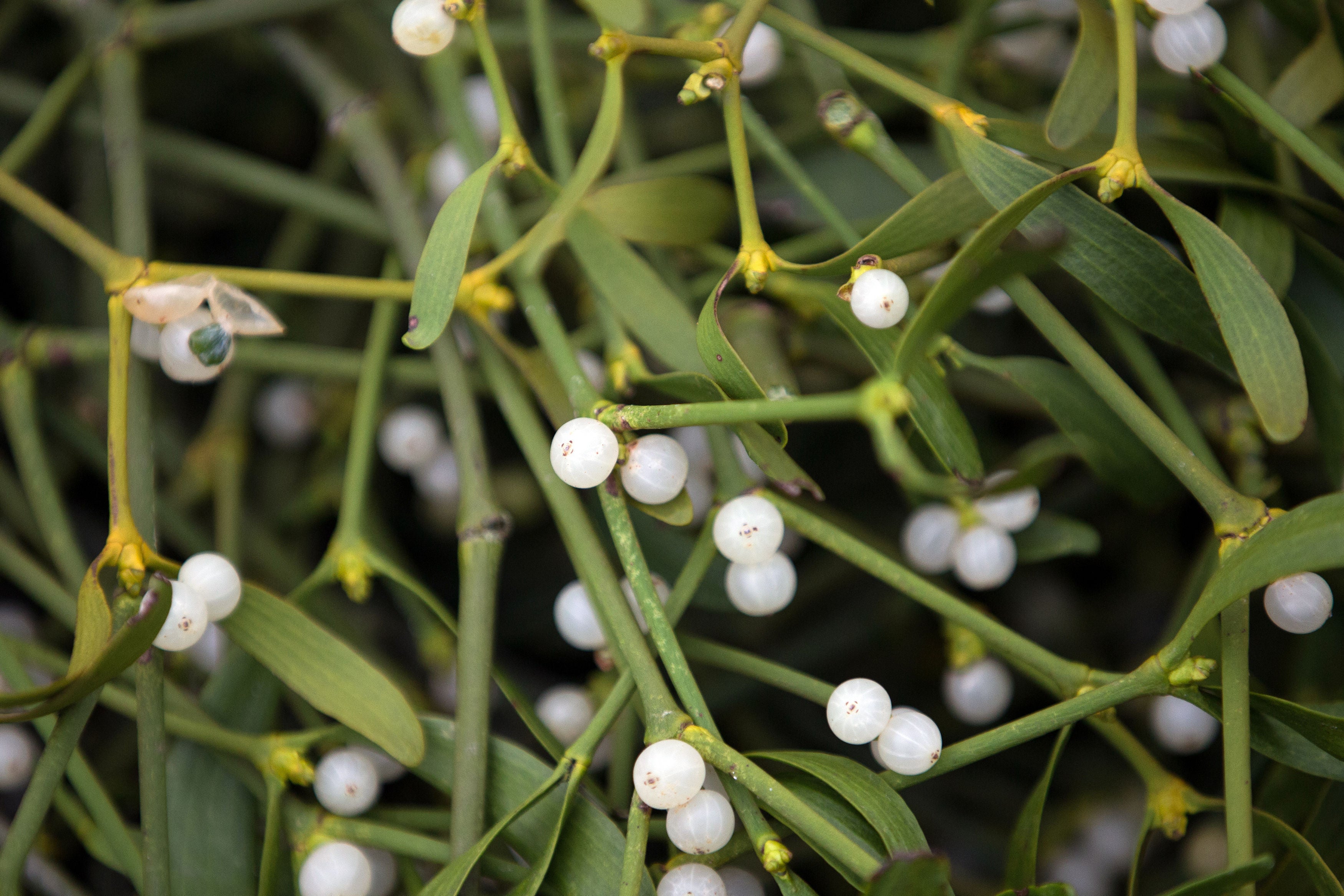No ‘snogging under the mistletoe’ between strangers this Christmas, minister says
Professor Anthony Harnden pointed out that there are ‘so many uncertainties’ about the new Omicron variant.

Your support helps us to tell the story
From reproductive rights to climate change to Big Tech, The Independent is on the ground when the story is developing. Whether it's investigating the financials of Elon Musk's pro-Trump PAC or producing our latest documentary, 'The A Word', which shines a light on the American women fighting for reproductive rights, we know how important it is to parse out the facts from the messaging.
At such a critical moment in US history, we need reporters on the ground. Your donation allows us to keep sending journalists to speak to both sides of the story.
The Independent is trusted by Americans across the entire political spectrum. And unlike many other quality news outlets, we choose not to lock Americans out of our reporting and analysis with paywalls. We believe quality journalism should be available to everyone, paid for by those who can afford it.
Your support makes all the difference.People can enjoy Christmas if they take “sensible” precautions, an expert has said, as a Government minister warned against “snogging under the mistletoe”.
Professor Anthony Harnden, deputy chairman of the Joint Committee on Vaccination and Immunisation (JCVI), said vaccines can do “a lot of the heavy lifting” amid concerns about the Omicron variant of coronavirus, though he acknowledged there were “so many uncertainties” about the new strain.
Suggesting measures such as social distancing and mask wearing, he told Sky News: “If people are sensible then I don’t see any reason why we can’t all enjoy Christmas again, unless this variant takes a real turn for the worse.
“And we’re really not going to know that for a couple of weeks.”
Work and Pensions Secretary Therese Coffey said people should avoid “snogging under the mistletoe” over the Christmas holiday.
She told ITV’s Peston programme that “we should all be trying to enjoy the Christmas ahead of us”, adding: “For what it’s worth, I don’t think there should be much snogging under the mistletoe.
“(You) don’t need to do things like that. But I think we should all be trying to enjoy the Christmas ahead of us and that’s why we’re working so hard to get the deployment of as many vaccines as possible.”
Ms Coffey said kissing should be avoided with “people you don’t already know”.
Earlier, Health Secretary Sajid Javid said people should continue following Government advice despite warnings from some health officials over the risks of socialising.
The Government has tightened rules around PCR tests for travellers returning to the UK and introduced quarantine rules for people from high-risk countries, as well as bringing back face coverings in shops and on public transport in England.
It has also accelerated the Covid booster programme to help slow down the spread of the new variant.
Professor Robert West, a member of the Scientific Pandemic Insights Group on Behaviours (Spi-B), sounded a note of caution and urged people to make “flexible” plans for the holiday period.
He told Sky News he personally would not make plans “that involve gatherings that can’t be changed”.
Prof West said: “In other words, keep flexible. Make your plans, by all means, as I am, but do it in a way which means that should the worst come to the worst, and we have to make sure that people stay apart from each other as much as possible as is safe, then you can still enjoy the holiday period.”
Covid-19 vaccines for potential booster campaigns in the next two years have been secured by ministers.
While there is uncertainty over the need for future campaigns, the Government announced it has signed deals for 114 million Moderna and Pfizer jabs which will be delivered in 2022 and 2023.
Mr Javid said the deals “future-proof” the country’s vaccine programme.
They include 60 million additional doses of the Moderna vaccine and 54 million more Pfizer/BioNTech doses.
Dr Maria Van Kerkhove, Covid-19 technical lead at the World Health Organisation, said there is no indication that the vaccines will not work against Omicron.
“Even if there is a reduction in efficacy, it’s still better to have the vaccine because it will save your life,” she said at a press briefing on Wednesday.
The chief of the European Commission Ursula von der Leyen said EU nations should consider making Covid-19 vaccinations mandatory.